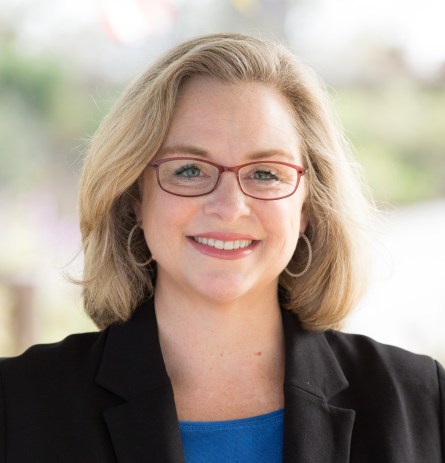
Join me at City Hall to show your support for approval of an Irvine Sunshine Ordinance that would expand review time of all regular agenda items to 12 days.
California’s open meeting law, the Brown Act, requires an agenda be posted 72 hours in advance of a regular meeting.
 The Irvine Sunshine Ordinance would expand public notice to four times longer than California law requires.
The Irvine Sunshine Ordinance would expand public notice to four times longer than California law requires.
The proposed new Irvine Sunshine Ordinance will be heard and discussed during the City Council meeting beginning at 5 p.m. on Tuesday, October 23.
As always, the public is invited to comment.
I am a strong supporter of the Irvine Sunshine Ordinance, which will prevent government action without full and informed participation and input from the community.
In describing the proposed Irvine Sunshine Ordinance, City Manager John Russo explains that “The 12-day window allows every community member the time they need to review agenda items thoroughly.”
“People and business owners who pay their taxes to run a good government ought to have the opportunity to share information, ask questions, and make their opinions known before City Hall acts on their behalf,” said Russo.
In addition, the City Council is expected to consider approval of a two-year budget cycle, up from the present one-year budget, along with a five-year financial planning program at the November 27 City Council meeting.
An ordinance requires a second reading, which would be November 13.
As your representative on the Irvine City Council, I strongly support these measures to increase government transparency and openness. If you agree, please come to the Irvine City Council meeting on Tuesday, October 23, to show your support!
You can review the Irvine Sunshine Ordinance (Item 3.1 of the October 23, 2018 agenda) here.
You can find more information about speaking at our Irvine City Council meetings here.
See you there!
UPDATE:
At the November 27, 2018, Irvine City Council meeting, I was pleased to have seconded the motion to approve a two-year budget cycle, up from the present one-year budget, along with a five-year financial planning program.
These changes will make planning more transparent, give residents more opportunity for input into budget and planning, and make city government more accountable.
As the publication The Hill recently observed, “Biennial budgeting should be neither a conservative nor a liberal idea, but appeal to both. The efficiency that could come from increased examination could both limit spending and increase its efficacy — each necessary to address increasing demands with limited resources.”

You must be logged in to post a comment.